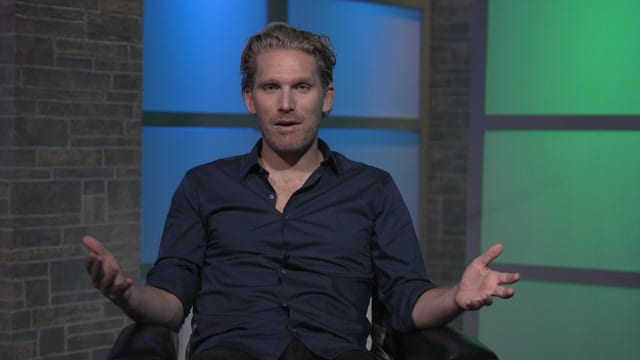
Rasmus Ankersen explains how adversity and limited life options can become the advantages that lead to high performance.

Rasmus Ankersen explains how adversity and limited life options can become the advantages that lead to high performance.

The GLS is expanding and gaining countrywide momentum in Uganda.
The stories we keep hearing are awe-inspiring. We are watching the GLS not only impact pastors and marketplace leaders, but government leaders as well. And the following ripple-effect story is no less powerful.
The GLS is changing the tourism sector of society to increase economic development across the country.
In 2016, there was demand to bring the GLS to the eastern part of the country, but they didn’t yet have a location to host it.
Betty Byanyima, the GLS team leader in Uganda, was looking for a location when she sought out a local hotel called Mbale Resort Hotel. She approached the hotel management and boldly asked if it would be possible to use their facility for free.
The hotel received the first and only five star rating in the region.
They said yes!
As a thank you, Betty offered to share one of the messages from the GLS with their hotel staff. She chose to share Horst Schulze’s GLS session on improving your customer service and hospitality.
The hotel held their own private, mini GLS training and listened to Horst’s inspiring message. They left that day motivated and passionate about the future of their hotel and immediately applied the lessons they learned from Horst.
 In the following three months, the hotel received the first and only five star rating in the region.
In the following three months, the hotel received the first and only five star rating in the region.
They attribute their successful work on hospitality to what they learned from Horst Schulze.
But it doesn’t stop there.
Not only did the hotel gain public attention for their new 5-star status, but the government also took notice.
Uganda is attempting to combat poverty by boosting tourism to build their GDP. Tourism was once Uganda’s fourth largest earner in foreign exchange, but political instability and war brought it down.
With a recent stabilization in the political climate, the government has been focusing on building into tourism for the sake of overall economic development.
The Vice President of Uganda, Hon Edward Ssekandi, the Minister of State for Tourism, Hon. Kiwanda and the CEO of the Tourism Board, Mr. Steven Assiime attended the premier GLS event in Uganda. As a result, the government’s Tourism Board started working with Betty and her GLS team.
“We are really thankful to God for the doors he has opened for us,” Betty shares.
The team in Uganda created this video showing the impact of the GLS on tourism, featuring Gary Schwammlein and Horst Schulze who recently visited to witness the impact. Be inspired!
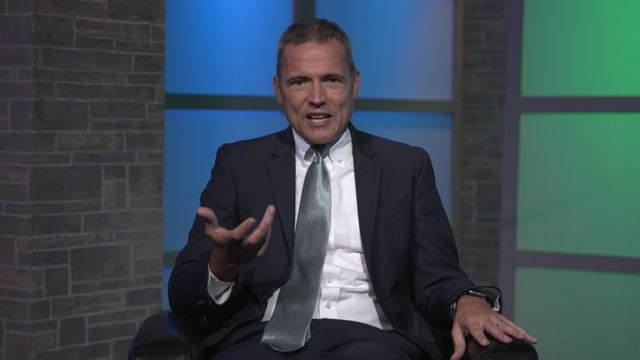
David Livermore shares best practices for testing and improving new programs in your organization.
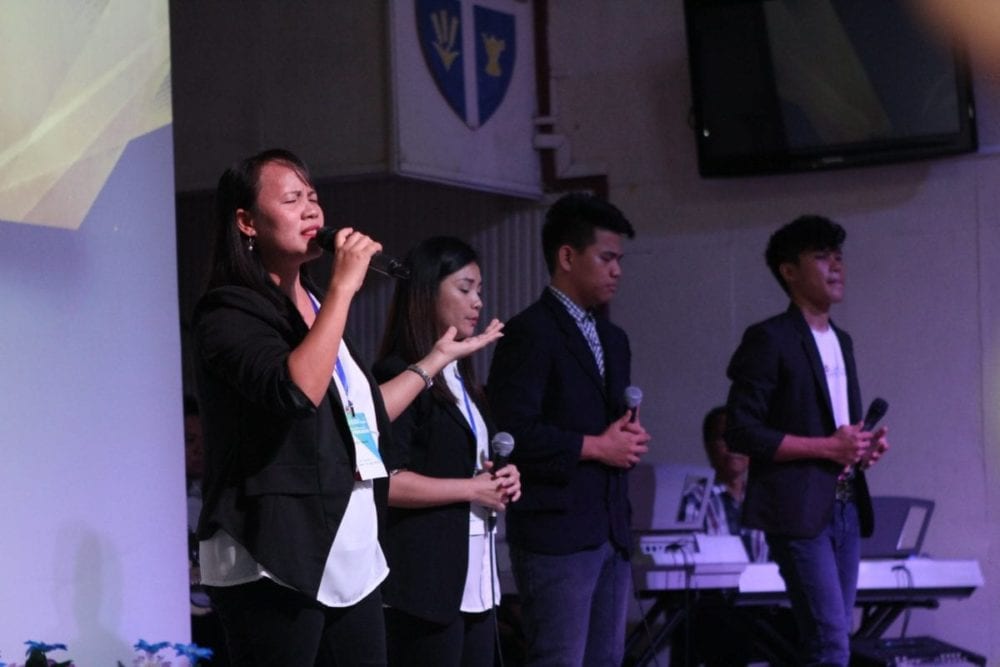
Every Tuesday and Thursday morning at 8:30 am CST, our staff gathers together to pray for our partners across the globe.
Please join us in prayer as we lift up the international Summit events happening this weekend. Pray for God’s anointing on every detail and that those who attend would leave feeling equipped, inspired and encouraged to lead the change they long for in their communities.
And if you have a prayer request, please share it with us. We would be honored to pray with you!
Banjul, Gambia
The local church is the hope of the world! This lesson, and many others I’ve learned at the GLS help me not to relent, but to keep dreaming big. The GLS helps me to realize the need for godly leadership in our world and empowers me to continue equipping leaders. The story about the little engine that could resonates for me. I am convinced that I can make a huge difference in the country and the world at large as Christ strengthens me. The GLS is empowering lives and bettering institutions. It is important for the GLS to continue in The Gambia so that we can see the transformation we yearn for!
Pulau Pinang, Malaysia
Ananindeua, Brazil
Lagos, Nigeria
Cagayan de Oro City, Philippines
Bogota, Colombia
Moa Centro, Cuba
We deal with sacrifice. As Christian leaders, we know what it is like to work with few tools. We’ve learned how to be more dependent on God alone. This is our way to carry out the Great Commission, but we really need to be a part of this global community. We can share with each other, and complement each other, because it’s not a local challenge; it’s a global challenge. In our country right now, we are facing the same issues that you are facing. We’re really living in the center of the same spiritual and ethical challenges.
Puerto de la Cruz, Spain
Cat Island, Bahamas
Bogota, Colombia
Odessa, Ukraine
Lafia, Nigeria
Kochi, India
Imphal, India
Chennai, India
When we present to them that the local church is the hope of the world when it is working right, it really connects with people. I have seen it connect in every corner of India. People realize they have a role. I am privileged to be part of this team so I can inspire and challenge people.
Vaxjo, Sweden
Limon, Costa Rica
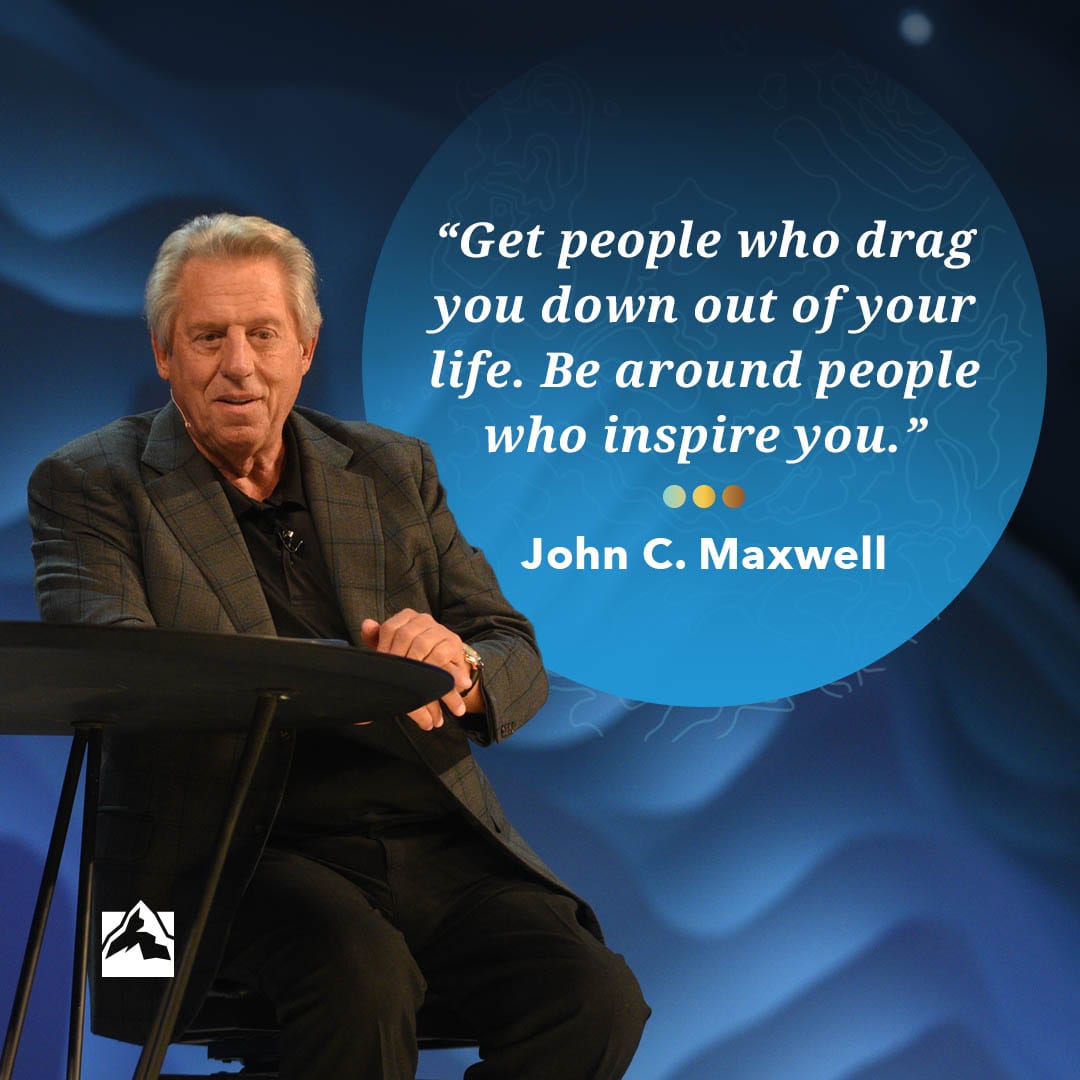
Get people who drag you down out of your life. Be around people who inspire you.

Get free, instant access to GLS Podcast Episode Show Notes. Leverage episode summaries, key takeaways, reflection questions, resources mentioned, related links and applicable downloads, including Show Notes PDF and Episode Audio File (MP3).
Employee engagement and staff culture are hot topics in leadership circles right now. This is due, in part, to the insights and books written by our podcast guest, Patrick Lencioni. In the early 2000s, Lencioni broke onto the scene with a simple premise: The human side of work is the most significant driver of business performance, having a greater impact than statistics or strategy. In this episode, Patrick sits down with business leader, Karen Wells, to explore the keys to increasing employee engagement in our organizations in order to drive results and make work more fulfilling.
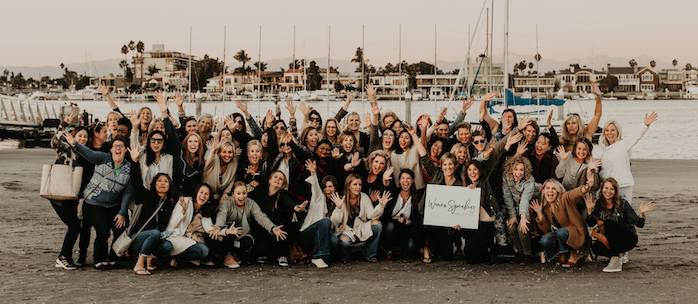
Every now and then, you experience one of those unique moments that feels sacred. It’s almost as if time stands still and, for a moment, the world seems just a little more hopeful, a little more beautiful, a little more unified.
That’s exactly what happened in Long Beach, California this past October. Fifty women from around the globe gathered and proclaimed that we really are “Better Together.” We said no to competition, comparison and judgement. We said no to shame, insecurity and counting ourselves out.
We said NO to fear.
Instead, we said yes to women supporting women.
We said yes to linking arms in unity.
We said yes to celebrating the wildly beautiful gifts that lie in each of us.
We said yes to cheering each other on as we blaze new trails in our world.
We said yes to creating a better world for the generations of women coming after us.
Teamwork and collaboration are not just for people who look like us, talk like us or come from a similar background as us. It’s for everyone.
We said yes to partnering together to see the love of Jesus spread into our communities and neighborhoods and families and countries and world. We said yes to standing in solidarity. Because we’re so much better together.
It was beautiful. It was Danielle Strickland’s first Women Speakers Collective bootcamp.
The vision is simple. Danielle said, “After speaking at conferences around the country, I came to realize that something was missing. I asked the question, “Why are there so few women speakers?” I began to ask that question to the conference and church leaders I met with and I heard the same response from them all, ‘Where are they? We can’t find them.’ The Women Speakers Collective is an attempt to help.”
Danielle set out on a mission to train, empower and highlight exceptional women communicators. In the midst of the highly competitive speaker circuit, her vision was to create a collaborative community–rejecting competition and celebrating unity and diverse perspectives.
Teamwork and collaboration are not just for people who look like us, talk like us or come from a similar background as us. It’s for everyone.
Pastors can link arms with refugees. White can link arms with brown. CEOs can link arms with their employees. Men can link arms with women. Older generations can link arms with younger generations. We believe we can link arms across every divide because, “There is neither Jew nor Gentile, neither slave nor free, nor is there male and female, for you are all one in Christ Jesus.” (Galatians 3:28.)
Who are you linking arms with? Who are you collaborating with? Who are you partnering with? And are they just like you?
There are two steps we can take to grow our ability to collaborate with individuals who are different from us.
Each of us holds bias, whether positive or negative, toward others who are different than we are. Oftentimes, this bias is so unknown to us, it affects our decisions without us even knowing. If this bias continues to go unchecked, it can go on to affect the way we hire, empower volunteers and promote employees. The only way to confront our bias is to partner with people who are different. When we invite people, who are different from us into our decision processes, we are engaging in a broader, more robust perspective that creates room for every person to be noticed.
Is your board of directors ethnically diverse? Is your executive team comprised of only men or only women? Are your top leaders all from the same cultural background?
If we’re willing to listen to voices we don’t normally listen to and are willing to learn from them, it will change how we live.
It’s not enough simply to ask the opinion of people who are different from you. You must also listen to their perspective and consider their advice. Don’t dismiss their opinion or convince yourself they just don’t understand the dynamics of your Team. Instead, receive their feedback. Take real action to address the concerns of the people you are inviting to share their perspective.
At the 2018 Global Leadership Summit, Danielle Strickland reminded us, “If we’re willing to listen to voices we don’t normally listen to and are willing to learn from them, it will change how we live.”
At the bootcamp, I learned that the best leaders will rise up, link arms, broaden our perspectives and use our voices to advocate for unity. Will you?
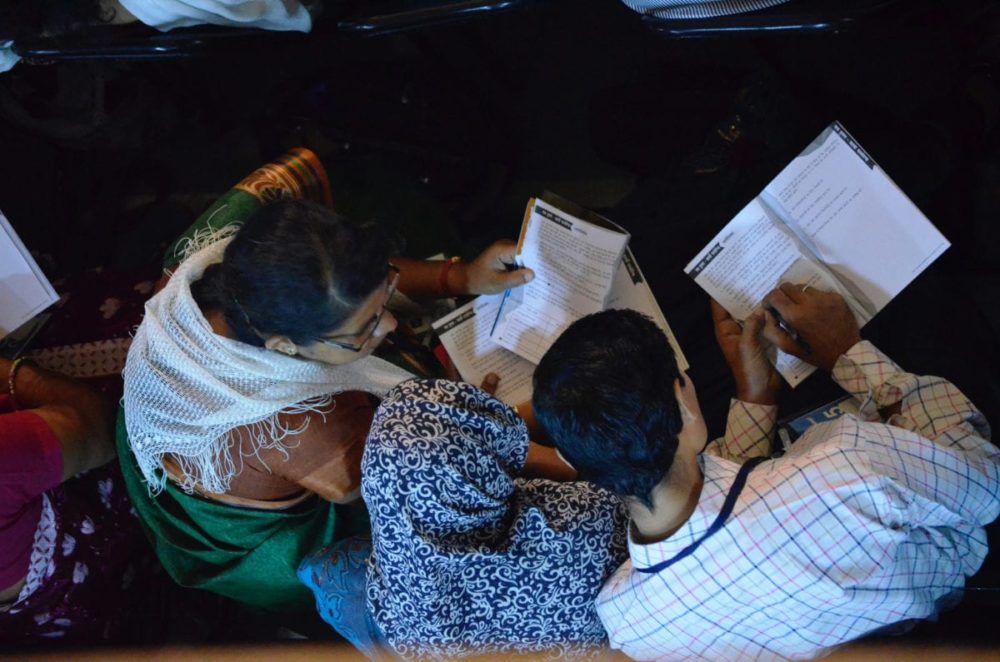
In January 2019, I attended The Global Leadership Summit in Chandigarh, India, a Hindi-language event, where 300 people gathered to grow in leadership for the sake of their community. The energy in the room was palpable.
During the tea break, I noticed a group of young men actively discussing the morning sessions. I approached them and found out they came from a school called New Hope Bible School. When I asked them what they were taking away from the Summit so far, they responded, almost in unison, “We will be brave for Christ!” They told me how much Gary Haugen’s talk had moved them, and how he challenged them to be fearless.

Here I am standing with these bible school students. Some look young, but they are all between 18 and 20 years of age. The older ones to the right are faculty.
The following week I was talking with the host pastor, who told me that he had later received a phone call from the president of the bible school. The first thing the school president said was, “What have you done to our students?!” The pastor really thought he was in trouble. “What have they done?!” he responded.
These students have come back here with more commitment to their faith and to their leadership than I could have imagined!
In fact, the president was calling because he had never seen such transformation on a group of young people in his life.
He said, “These students have come back here with more commitment to their faith and to their leadership than I could have imagined! I don’t know what you have done at the Summit, but keep doing it!”
Thank you for praying for the Summit in India! Just imagine what God can do through these brave students.

Horst Schulze discusses the difference between efficiency and cost-cutting in a successful business.
“We welcome and encourage comments on this site. There may be some instances where comments will need to be edited or removed, such as:
If you have any questions on the commenting policy, please let us know at heretoserve@globalleadership.org”
Recent Comments